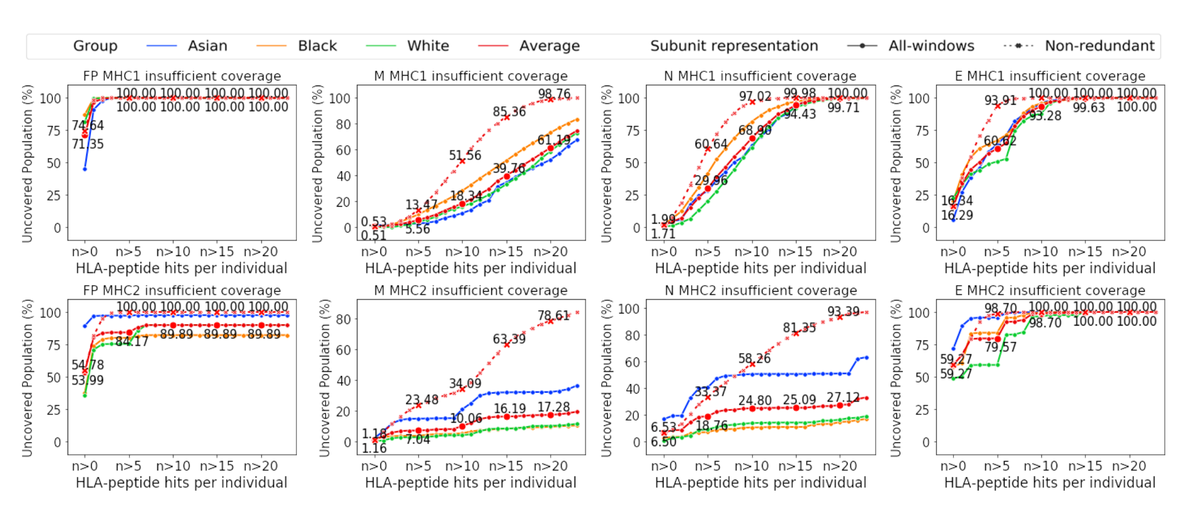The COVID-19 vaccines being developed by Moderna, Pfizer, AstraZeneca and other companies, and currently in Phase III clinical trials, may not cover as well people genetic cattreatments of Black, Asian race but whites, according to a study released by the Massachusetts Institute of Technology.
The study published on Thursday in the scientific journal Cell Systems.

"Obviously there are many factors to consider, but our preliminary results show that, on average, people of Black or Asian descent could have a slightly increased risk of vaccine ineffectiveness," said one study author. David K. who is in the MIT Computer Science and Artificial Intelligence Laboratory (CSAIL from the Computer Science and Artificial Intelligence Laboratory).
His statement is included in the press release issued by MIT.
The report, entitled "Predicted Cellular Immunity Population Coverage Gaps for SARS-CoV-2 Subunit Vaccines and their Augmentation by Compact Peptide Sets," originally published (PDF) on the Bioarxiv pre-print server.
Enthusiasm has grown in recent weeks as Moderna, Pfizer and AstraZeneca announced all the initial results from the Phase III tests and showed surprisingly strong immunity rates (94% to 95%).
But according to the MIT study, many of the vaccines, including Moderna and Pfizer and AstraZeneca, have the same weakness, that is, they do not use different sets of viral particles to stimulate the same level of immune response in all humans, depending on the genetic background.
The report is based on in silico computer models. Gifford and co-authors Ge Liu and Brandon Carter, δύο διδακτορικοί φοιτητές με το CSAIL του MIT, χρησιμοποίησαν μοντέλα μηχανικής μάθησης για να προβλέψουν, με βάση τα δεδομένα των ασθενών και τα μοντέλα πρωτεϊνών στο ανοσοποιητικό σύστημα, πόσο πιθανά θα ήταν να έχουν επιτυχία τα εμβόλια. Αυτό σημαίνει, να έχουν επιτυχή διέγερση μιας ανοσολογικής απόκρισης, σε διαφορετικές πληθυσμιακές ομάδες με βάση τον αυτοαναφερόμενο εθνικό τύπο ή την γενετική καταγωγή.
Also, engineering learning of MIT designed a COVID-19 vaccine that could cover many more people.
The study is based on work done this summer by the team to develop two computer models that provide vaccine coverage. One, called OptiVax, predicts the stimulation of immune responses to a vaccine, and the second, called EvalVax, maps the immune response to the biochemistry of population groups based on ethnic or genetic origin.





